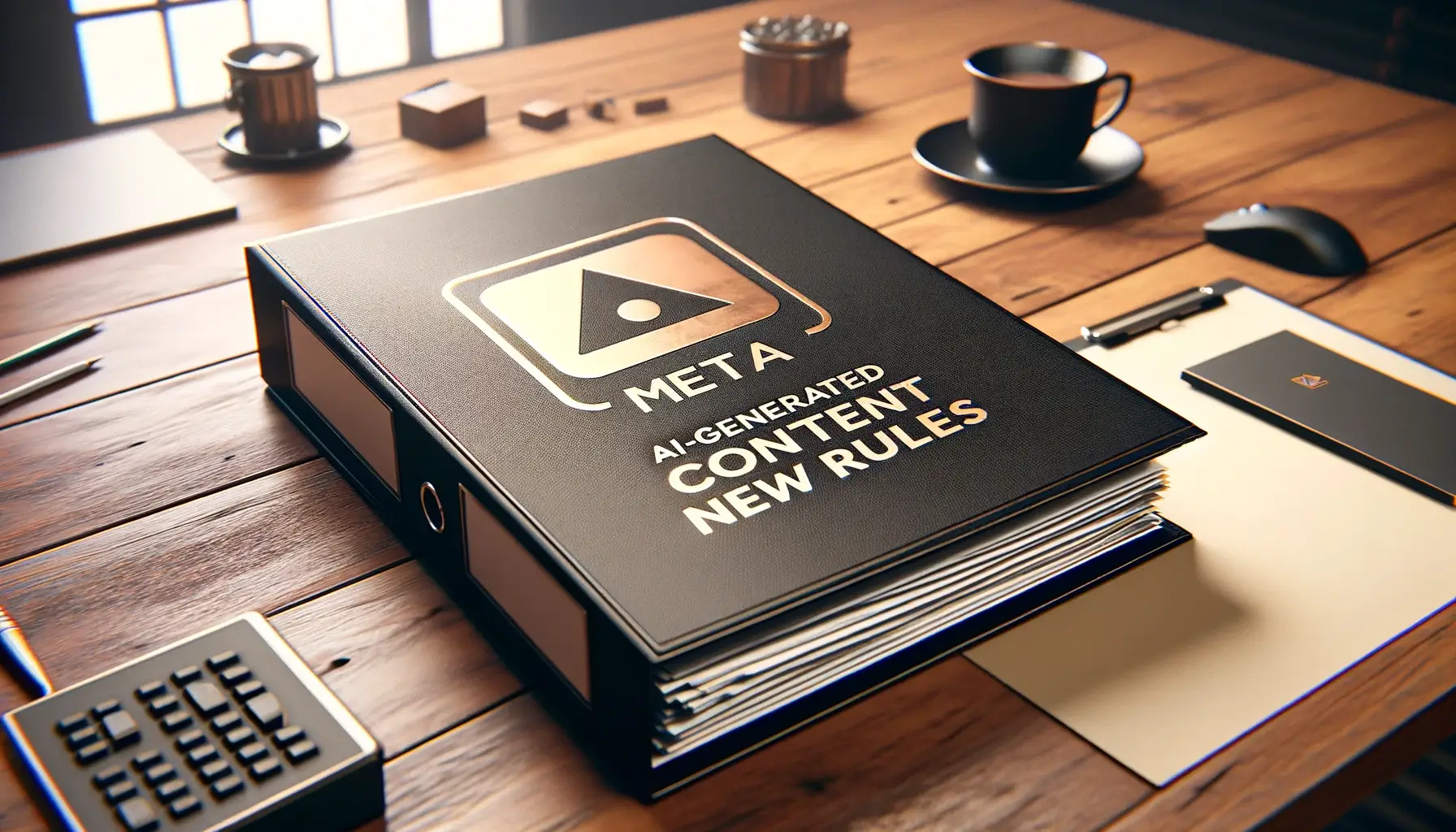Meta, the parent company of Facebook, Instagram, and Threads, announces new standards to address the proliferation of AI-generated content across its platforms.
With the rise of generative AI, Meta aims to ensure transparency and accountability in content creation and consumption.
This move reflects Meta’s ongoing commitment to maintaining trust and safety within its digital communities.
The Evolution of Content Moderation
Meta’s approach to AI-generated content moderation mirrors its early user-facing system for reporting violations.
By empowering users to flag suspicious content, Meta leverages crowd-sourcing to maintain platform integrity in the face of emerging challenges.
This evolution highlights Meta’s adaptability and responsiveness to evolving technological landscapes.
User Responsibilities and Consequences
Users creating AI-generated content must disclose its origin, failure to do so may result in penalties.
Meta’s emphasis on user responsibility underscores the importance of transparency in digital content creation.
By holding users accountable, Meta seeks to foster a culture of honesty and integrity on its platforms.
Detecting AI-Generated Content
Meta employs watermarking and labeling to identify AI-generated content.
However, detecting audio and video generated by AI remains challenging, highlighting the need for collaboration with industry partners like Google, Microsoft, and Adobe.
This collaborative approach demonstrates Meta’s recognition of the complexity of the issue and its willingness to engage with experts to find effective solutions.
Challenges and Future Directions
While progress has been made in detecting AI-generated images, audio and video present ongoing challenges.
Meta acknowledges the limitations and commits to ongoing collaboration to address this issue.
As technology continues to evolve, Meta remains dedicated to staying ahead of the curve and ensuring that its platforms remain safe and trustworthy environments for users.

